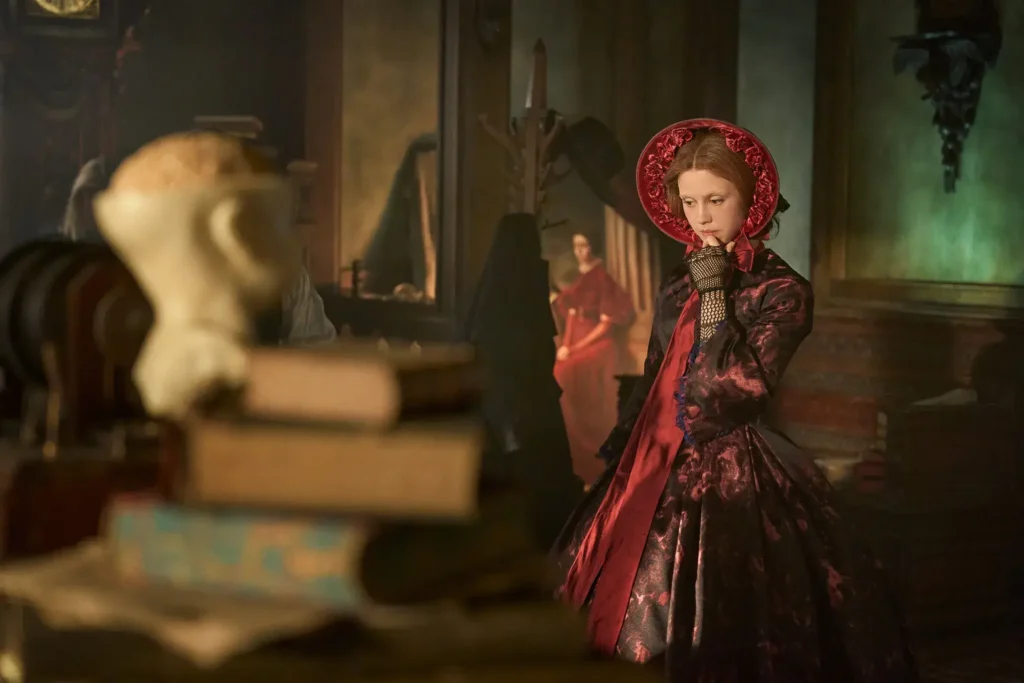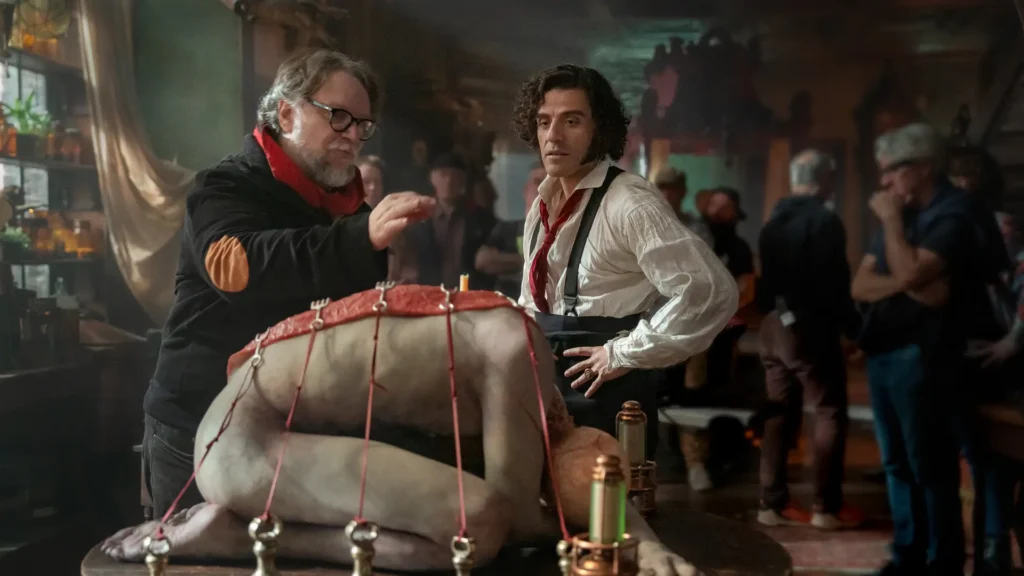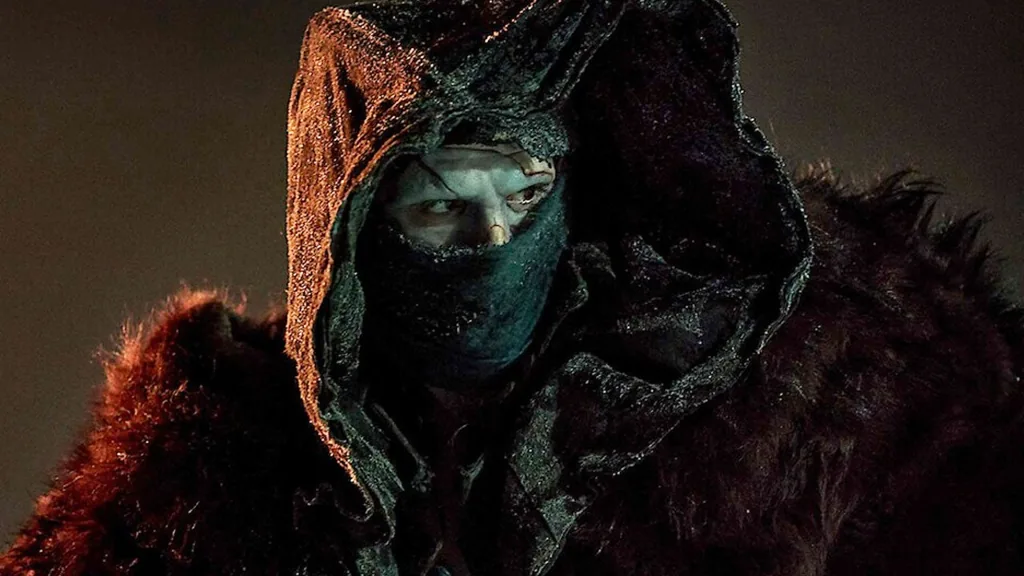by Cyn’s Corner
Guillermo del Toro has been dreaming of making “Frankenstein” for decades — more than 25 years, by his own admission — and the result feels like the culmination of a lifelong obsession. Though this isn’t a direct retelling of Mary Shelley’s novel, it’s deeply connected, portraying the same moral and emotional ideas in a way that’s clearly his own.
Set in the shadow of war and shaped by del Toro’s signature style of melancholy and visual beauty, “Frankenstein” explores the arrogance of man and the suffering born from creation without compassion. It’s not horror in the traditional sense, but rather a meditation on loneliness, guilt, and the blurred line between god and monster.
Jacob Elordi’s creature anchors the film with a haunting mix of fragility and fury — a being desperate to be seen as human yet constantly rejected by his creator. His performance is both physically imposing and quietly heartbreaking.
Opposite him, Oscar Isaac gives Victor Frankenstein a sharp edge of vanity and delusion, a man so consumed by brilliance that he’s blind to the consequences of his actions and refuses to help his creation navigate the world, despite having brought him into it.

And Mia Goth adds an eerie intensity that fits perfectly into this world, her presence equal parts tender and unsettling.
Del Toro, as always, tells this story as much through the visual medium as through dialogue. But even this beauty isn’t without its flaws.
For one, there are significant liberties taken with the essence of the main characters. Frankenstein himself is clearly portrayed as the villain of the story, and that is driven home by his abuse of the creature and his untruthfulness to those around him when he repeatedly blames the ‘monster’ for terrible events, including deaths the creature had nothing to do with, so that he can escape immediate consequences. The creature, in contrast, is presented as completely innocent and utterly sympathetic — unlike in Mary Shelley’s novel, he doesn’t commit cold-blooded murder, making his suffering even more tragic.
And while I liked the creature design more than the inaccurate one given to us in the 1931 movie, it still felt too clean, given what this being is supposed to be — parts of dead humans stitched together into one whole disfigured, horrifying body.

There are also moments when the film lingers too long in its own self-absorption, and at almost two and a half hours, its pacing can test your patience (despite feeling a tad rushed in the final hour). Despite this, it’s not hard to be drawn in by what we’ve been given. This is a movie made by someone who understands that monsters aren’t born — they’re made, often by ambition, abuse, and neglect in equal measure.
Ultimately, “Frankenstein” is a deeply human monster movie — one that trades jump scares for sorrow and more soul than spectacle. It may not be Mary Shelley’s Frankenstein word for word, but it captures her spirit in all the ways that matter most.
Rating: 7.5/10




